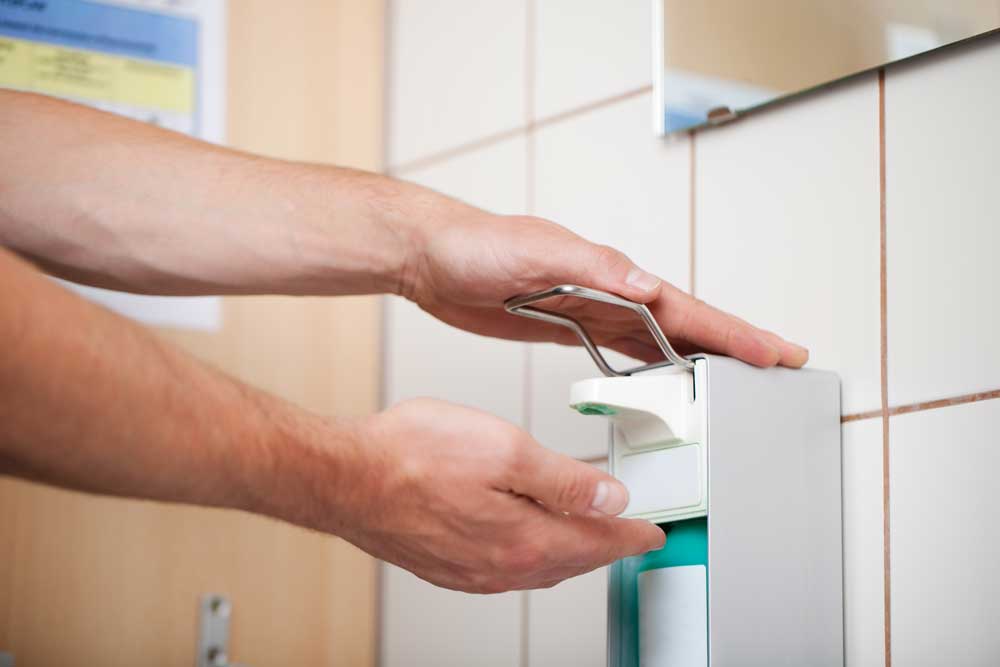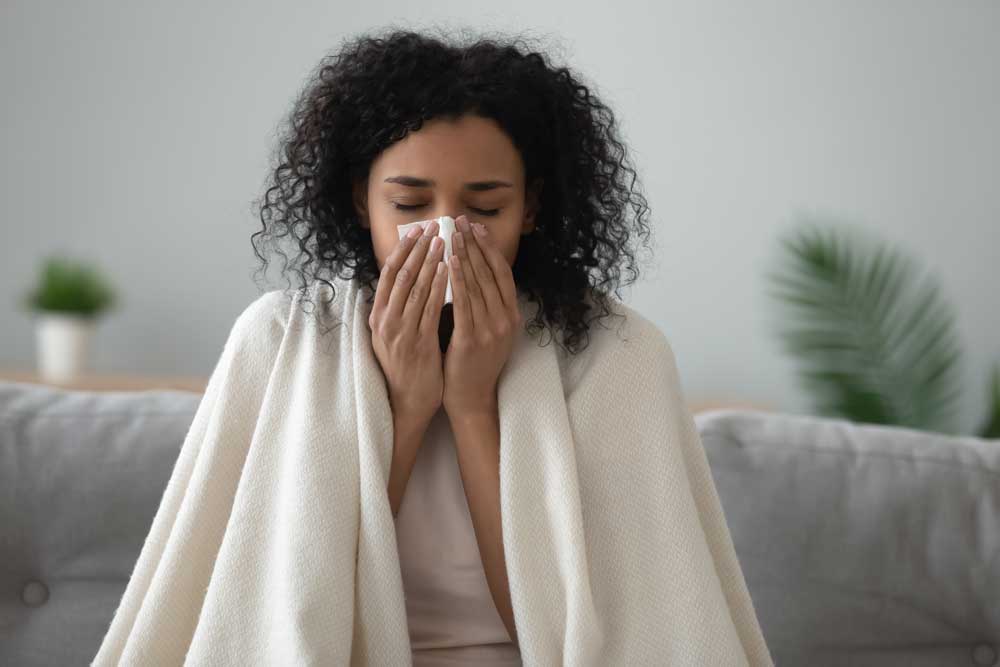Before a COVID-19 outbreak occurs in your community, plan ahead.
The coronavirus (COVID-19) has abruptly spread to the United States and people are in widespread panic. A COVID-19 outbreak could last for a long time in your community. Depending on its severity, public health officials may recommend community actions designed to help keep people healthy and slow the spread of the disease. Planning ahead is critical during a state of emergency. You should base the details of your household plans on the needs and daily routine of your household members.

Create a household plan of action
Discuss with the people who need to be included in your plan. Meet with family, friends, and other relatives to discuss what to do when the COVID-19 virus occurs in your community and what the needs of each person will be.
Plan on ways to care for those that are at greater risk of complications. There is little data to show who is at risk, but considering those with the weakest immune system is a good start. Elderly and young infants are at high risk of complications because of their weakened immune system. Consult your health care provider for more information and monitor your health for any symptoms of the virus. The CDC will recommend actions to help keep people at high risk healthy if an outbreak occurs in your community.
Talk with your neighbors. Get to know your neighborhood and see if the neighborhood has a website or social media page where they can post updates and resources for valuable information.
Identify aid organizations in your area. Create a list of local groups that you or your household can contact if you need to find health care services, support, and resources.

Practice good hygiene and healthy habits at home
Practice good habits right away. The best thing you can do is protect yourself and to help prevent the spread of respiratory illnesses that can easily spread.
- Avoid close contact with sick people
- Stay home when you are sick unless you must seek medical care. If you must leave, wear a mask to eliminate spreading germs.
- Cover your coughs and sneezes with your arm or tissue
- Clean your personal objects and surfaces daily (e.g., phone, steering wheel, desk) using an alcohol wipe or soap and water.
- Wash your hands often with soap and water for 30 seconds. This is especially important after going to the bathroom; before eating; and after blowing your nose, coughing, or sneezing. If soap and water are not readily available, use a hand sanitizer with at least 60% alcohol.
Be prepared if your child’s school or childcare facility is temporarily dismissed
Learn about options for when your child’s school closes. As many schools close down or go to online only during the COVID-19 outbreak, it’s important to know what to do when this happens. Understand the plan for continuing education and social services (such as student meal programs) during school dismissals. If your child attends a college or university, encourage them to learn more about the school’s plan as they move to online classes or temporary dismissal.
Plan for potential changes at your workplace
During a COVID-19 outbreak in your community: Act
During an outbreak in your community, protect yourself and others by:
- Staying home from work, school, and all activities when you are sick with COVID-19 symptoms. Some of these symmptoms include cough, fever and difficulty breathing. If you have this, see a medical professional immediately.
- Distance yourself from others. This includes not leaving your home unless you need to.

Put your household plan into action
Stay up-to-date with the COVID-19 situation. Get information from the public health line and be aware of temporary school dismissals in your area as it may affect your household’s daily routine. Many employers are having workers stay home so the roads will be less crowded in certain areas.
Stay home if you are sick. Stay home if you have COVID-19 symptoms. If a member of your household is sick, stay home from school and work to avoid spreading COVID-19 to others
Practice everyday preventive actions. As you should, cover coughs and sneezes with a tissue and wash your hands often with soap and water. It’s also important to disinfect any surfaces and objects that you use frequently.
If someone gets sick in your house, prepare a seperate room for those members (if possible). Learn how to care for someone at home that are sick. Avoid sharing personal items like food and drinks. Provide your sick members with a clean, disposable facemask to wear at home. Clean the sick room and bathroom as needed to avoid unneccesary contact wtih the sick person.
Stay in touch with others by phone or email. It’s important to check the news regualry and stay in constant contact with your loved ones during this time. Knowledge is the best preventive measure during this time and those that are not taking precautionary aciton are the ones at high risk for coming into contact with the virus.
Take care of your emotional health as well as physical. Outbreaks can be a stressful time for adults and children. Many people are directly affected whether that be your job, school or business. Take breaks when needed to meditate or take a stroll. Try to stay calm and reassure that you will get through this together.


